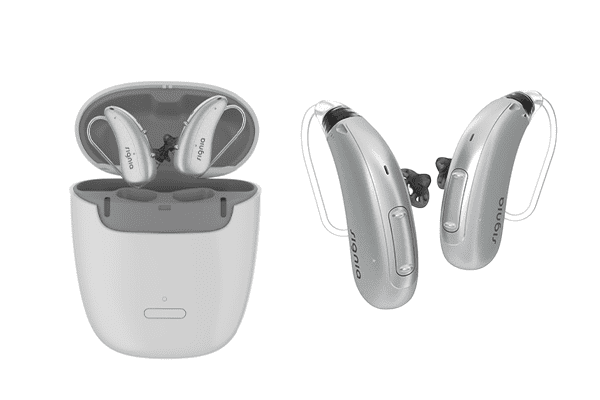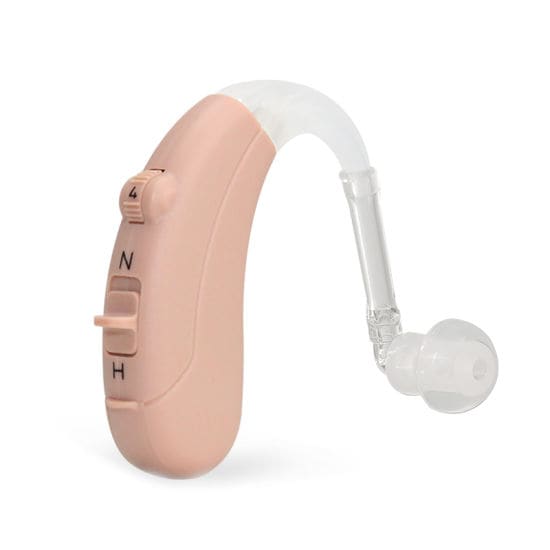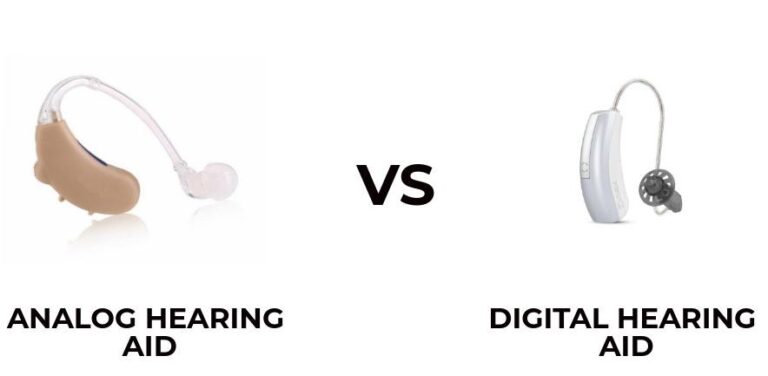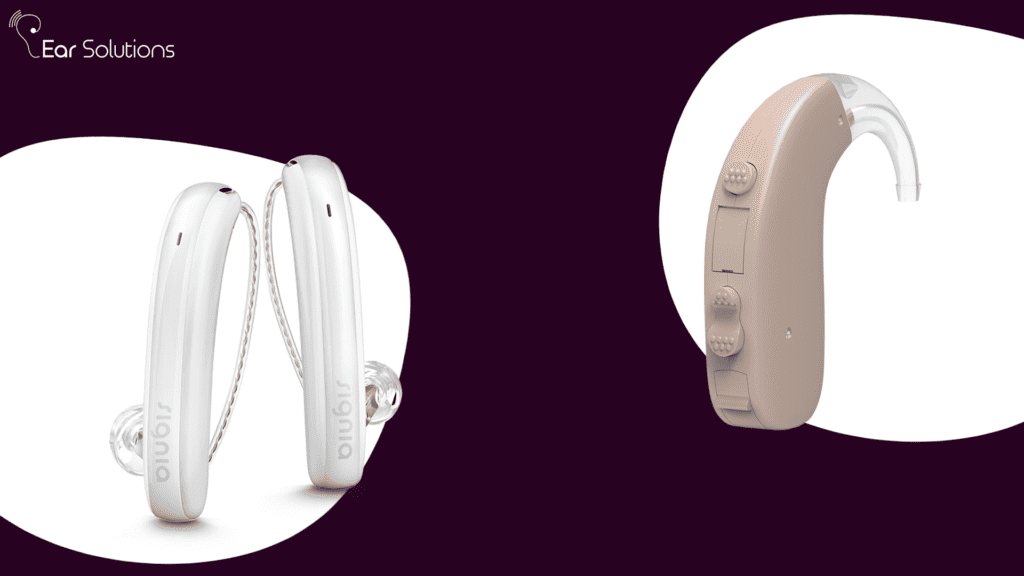The world of hearing aids has witnessed a significant transformation over the decades. Numerous technological advancements and a deep understanding of auditory needs have been done. In this journey, two prominent contenders have emerged: digital and analog hearing aids. These two categories represent distinct approaches to addressing hearing loss, each with its own set of advantages and limitations too. In this blog, we’ll delve into the differences between digital and analog hearing aids, which will help you make an informed decision about which option aligns with your auditory needs and lifestyle.

Digital Hearing Aids
Digital hearing aids are the pinnacle of technological innovation in the hearing care industry. They revolutionized the way we approach hearing loss, offering multiple features and customization options to enhance sound quality, comfort, and adaptability. These hearing machines convert sound waves into digital signals, allowing for complex processing and manipulation of sound before it reaches your ears.
Key Features of Digital Hearing Aids:
Sound Processing: Digital hearing aids boast sophisticated processing algorithms that can differentiate between various frequencies and adjust sound in real time. This enables wearers to experience clearer speech, reduced background noise, and enhanced music appreciation.
Noise Reduction: Digital technology empowers hearing aid devices to distinguish between speech and noise, automatically reducing unwanted background sounds. This feature is particularly beneficial in noisy environments.
Directional Microphones: Many digital ear machine feature directional microphones that focus on sounds coming from the front while minimizing sounds from other directions. This improves speech comprehension, especially in crowded places.
Feedback Management: Digital hearing devices can swiftly identify and suppress feedback or whistling sounds that might occur due to factors like improper fit or earwax buildup.
Customizable Programs: Digital hearing aid allows for multiple customizable programs that can be adjusted based on specific environments or activities, ensuring optimal hearing in various situations.
Analog Hearing Aids
Analog hearing aids are the predecessors of digital hearing machines that function through a more straightforward process. These devices amplify sound waves directly and then deliver them to the ear. While lacking the intricate processing of digital counterparts, analog hearing aids have unique attributes that have appealed to some individuals.

Key Features of Analog Hearing Aids:
Simplicity: Analog hearing devices are known for their simplicity. They amplify all sounds, regardless of the source, which can provide a more natural listening experience for some wearers.
Affordability: Analog ear machines are often more budget-friendly compared to their digital counterparts, making them accessible to individuals seeking basic amplification.
Battery Life: Analog hearing aid generally have longer battery life due to their simplified amplification process, which can be advantageous for those who prefer less frequent battery changes.
Durability: Analog hearing machines are less susceptible to potential glitches or malfunctions that can sometimes occur with complex digital circuitry.
What to Choose, Analog or Digital?
Choose Analog Hearing Aids If:
- You prefer a more straightforward amplification process without sophisticated sound manipulation.
- Budget considerations are a priority, as analog hearing aids are generally more affordable.
- Longer battery life and increased durability are essential factors for you.
- You appreciate the natural amplification of all sounds without added processing.

Choose Digital Hearing Aids If:
- You desire advanced sound processing, noise reduction, and adaptive features.
- You frequent noisy environments and want improved speech clarity and directional focus.
- Customizable programs and automatic adjustments align with your lifestyle.
- You’re seeking wireless connectivity options, tinnitus management, and other modern features.
Conclusion: Choosing between digital and analog hearing aid machines depends on various factors, including your hearing loss severity, lifestyle, technology preferences, and budget. As technology continues to advance, digital hearing aids have become the preferred choice for many due to their remarkable sound processing capabilities and customizable features. However, some individuals may find that the simplicity and natural amplification of analog hearing aids better align with their needs. Ultimately, consulting with a qualified hearing care professional is crucial to determine which type of hearing aid will provide the optimal auditory experience based on your unique circumstances. You can visit Ear Solutions Hearing Aid Clinic to get professional guidance from expert audiologists.





